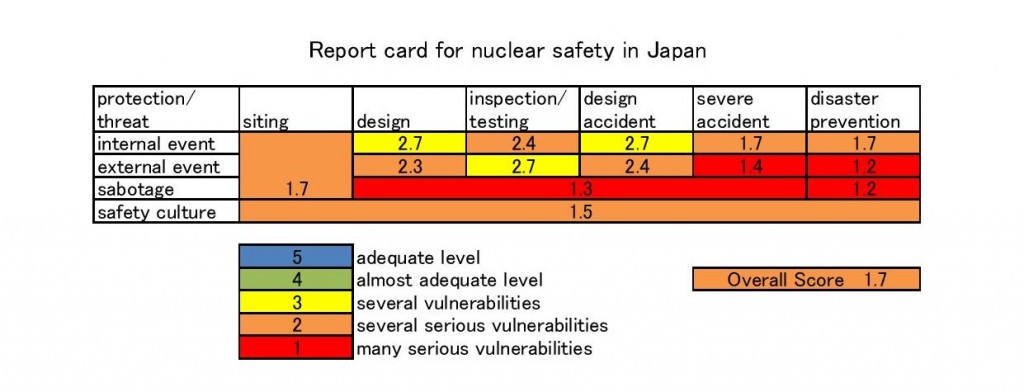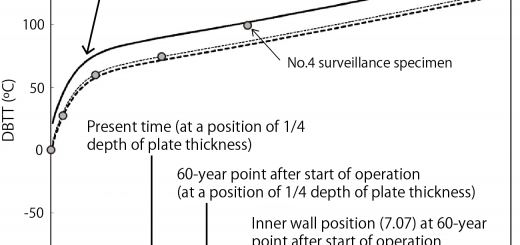Worldwide there are currently 442 nuclear reactors operating in 30 countries. While other countries have no intention of competing with each other in this field, Japan’s government stands apart by declaring its regulatory standards to be “the world’s best.” This arrogance is contrary to the attitudes of other countries around the world that have taken a firm stand since the Fukushima accident to “tackle safety issues with humility, knowing the dangers of pride and overconfidence.” Meanwhile, there are concerns that this will once again encourage citizens to believe in the nuclear power safety myth, as in the past. Shouldn’t Japan’s current priority be first, a sincere effort to make its own realistic evaluation of its capabilities?
The Mokkai (familiarly, “Once More”) Accident Investigation Committee, is a group of former members of the Diet’s accident investigation committee and other cooperating investigators entrusted with clarifying the causes of the accident, and is working autonomously to continue the investigation. In evaluating the safety of nuclear power in Japan, we are taking the U.S. Nuclear Regulatory Commission’s (NRC) approach using Elicitation Panels and Phenomena Identification Ranking Tables. Through these, a number of experts working separately assign numerical scores, which undergo statistical processing to produce an evaluation. The NRC has been using these methods in various ways, including its deterioration evaluations of the internal structures of reactors based on experimental data and cases of massive damage, as well as estimations of frequency of rupture of large diameter pipes and tendencies for electrical cable fires to result in malfunctions.
Our overall score of 1.7 (where a score of 5 is considered to be an adequate level) as the result of our first evaluation gives an impression quite far removed from what they are calling “the world’s best.” Of course, we do not consider our work to be of the same high standard as the NRC’s. Nor do we consider ourselves the experts most qualified to undertake this project. It is just that we are concerned about the self-conceit of calling oneself “the world’s best” with no basis whatsoever in reality, misleading Japan’s citizens and possibly putting them at risk. We want to encourage relevant persons in Japan’s nuclear power industry to undertake serious accident evaluations, making a humble assessment of nuclear power safety, and to have the courage to disclose the results.
We have disagreed among ourselves about this kind of evaluation because it would make sweeping generalizations about the safety of Japan’s nuclear power, which should be assessed according to the original method of separately evaluating each nuclear reactor or each nuclear power plant. This will be an issue for our future consideration.
(Masako Sawai, CNIC)


